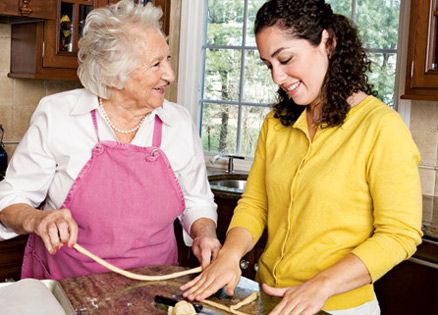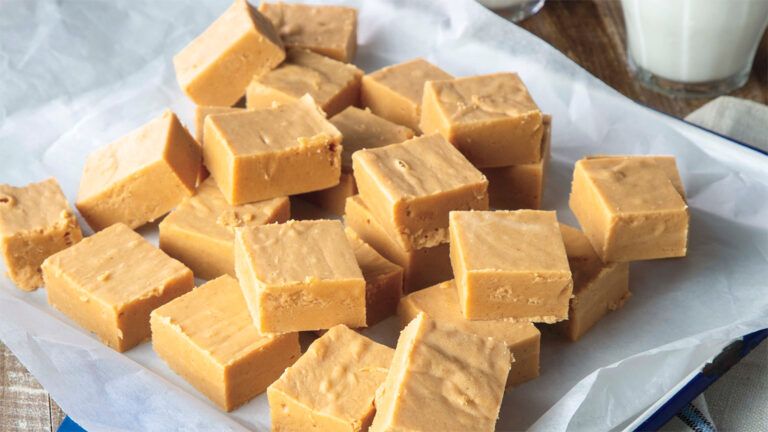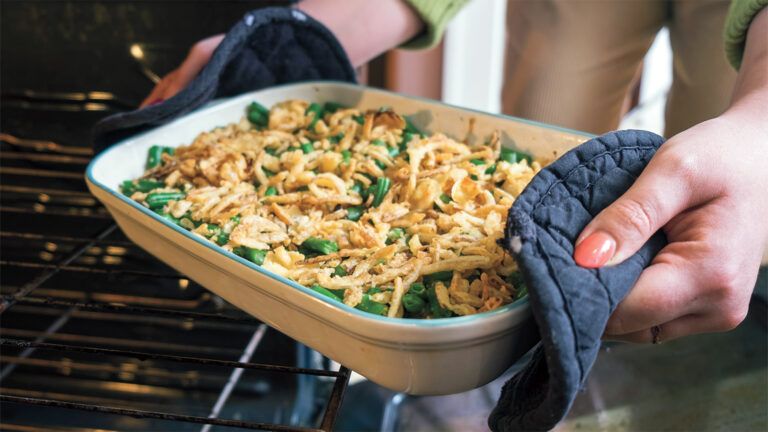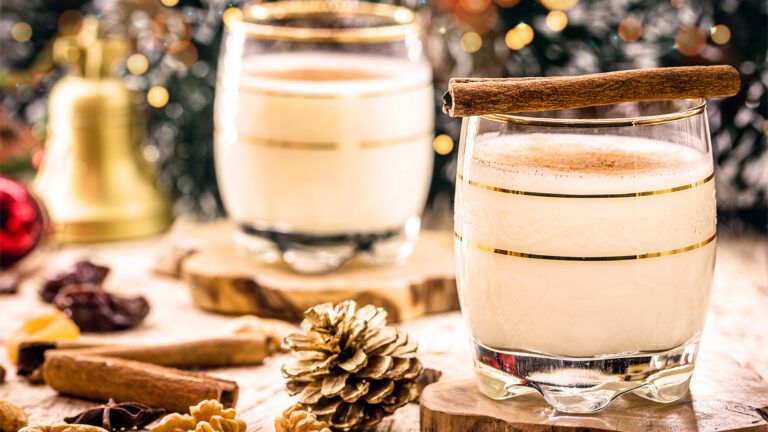How does my big Armenian family celebrate Easter? We get together—four generations—for church, then a festive meal afterward. Probably not that different from the way your family celebrates. Except for the food, that is. We don’t have a particular holiday menu, but still, it’s quite a feast.
Easter is a wonderful excuse to make even more of the dishes we love to eat year ’round. We’ll have shish kebab, rice pilaf, cheese boregs (cheese-filled dough triangles), yalanchi (stuffed grape leaves) and one of my favorites to ever come from my grandma Bertha’s kitchen—choreg, a braided bread made of yeast and egg.
Since it’s a holiday, I’ll get my own bag to take home. To have any choreg left over is a miracle in my family. We’ve even had arguments about who that extra bag in Grandma’s freezer is for.
I love it when Grandma invites me over to make choreg. She’ll greet me at the door dressed as if she’s going to church, in a skirt, blouse and pearls. That’s fitting because for her cooking is a way to nourish the soul.
We sit at her kitchen table, and she mixes the ingredients without measuring, flour settling in each crease in her hands. Next, we knead the dough. We let it rise then roll it out and braid it, each piece about the size of a dinner roll.
Once we fill a baking sheet with them, they go into the oven, and soon the kitchen’s filled with the anise aroma of baking choreg.
Grandma and I spend hours in her kitchen making batches of choreg. All the while, we’ll talk. She wants to hear what I’ve been doing. And she’ll tell me stories about her past.
Sometimes they’re about funny moments. Like her kids bringing in frogs from the creek behind the house. Or one of her sons deciding the only thing he’d eat was cream cheese and jelly sandwiches (my uncle now loves to cook).
Other times Grandma might talk about life in her twenties. She used to get dressed up to go into New York City to dances. “I’d take the bus back to New Jersey late at night and run all the way home from the bus stop in my heels to make sure no one followed me,” she said. Stylish and practical, that’s Grandma.
The stories that mean the most to me are the ones that give me perspective on the choices I make. A few years back I wasn’t sure where I was headed career-wise. I confided my doubts to Grandma. “There are so many things I’d like to do,” I said. “I don’t know what to choose.”
Grandma nodded. “I remember trying to figure out what I was meant to do. Back then there were only three job options for women: nurse, teacher or secretary.”
None of those seemed to fit her so she chose the path she knew she’d love: raising her kids. It occurred to me that the wide range of opportunities I have is a huge blessing, even if it makes it harder to decide which choice is right for me.
Not long ago I filled her in on my latest venture, buying a home. “I’m so proud of you!” Grandma said. “I know you’ve been working hard.” She recalled how she and Grandpa would scrimp and save for something special, especially for their kids. “One time your mom and aunt wanted Levi’s,” she said. “We had to put aside money for weeks, but they were so excited, it was worth it.”
The details Grandma remembers amaze me, showing me how much she appreciated every moment. She still does. A day in her kitchen always brings me a renewed sense of clarity and joy. That’s why Easter, for me, wouldn’t be complete without Grandma’s bread.
That Sunday after dinner, I’ll dip a piece of warm choreg into my coffee and eat it slowly. With each bite of the deliciously dense bread, I savor the stories—and the love—that have gone into making it.
Try Grandma’s Choreg!





